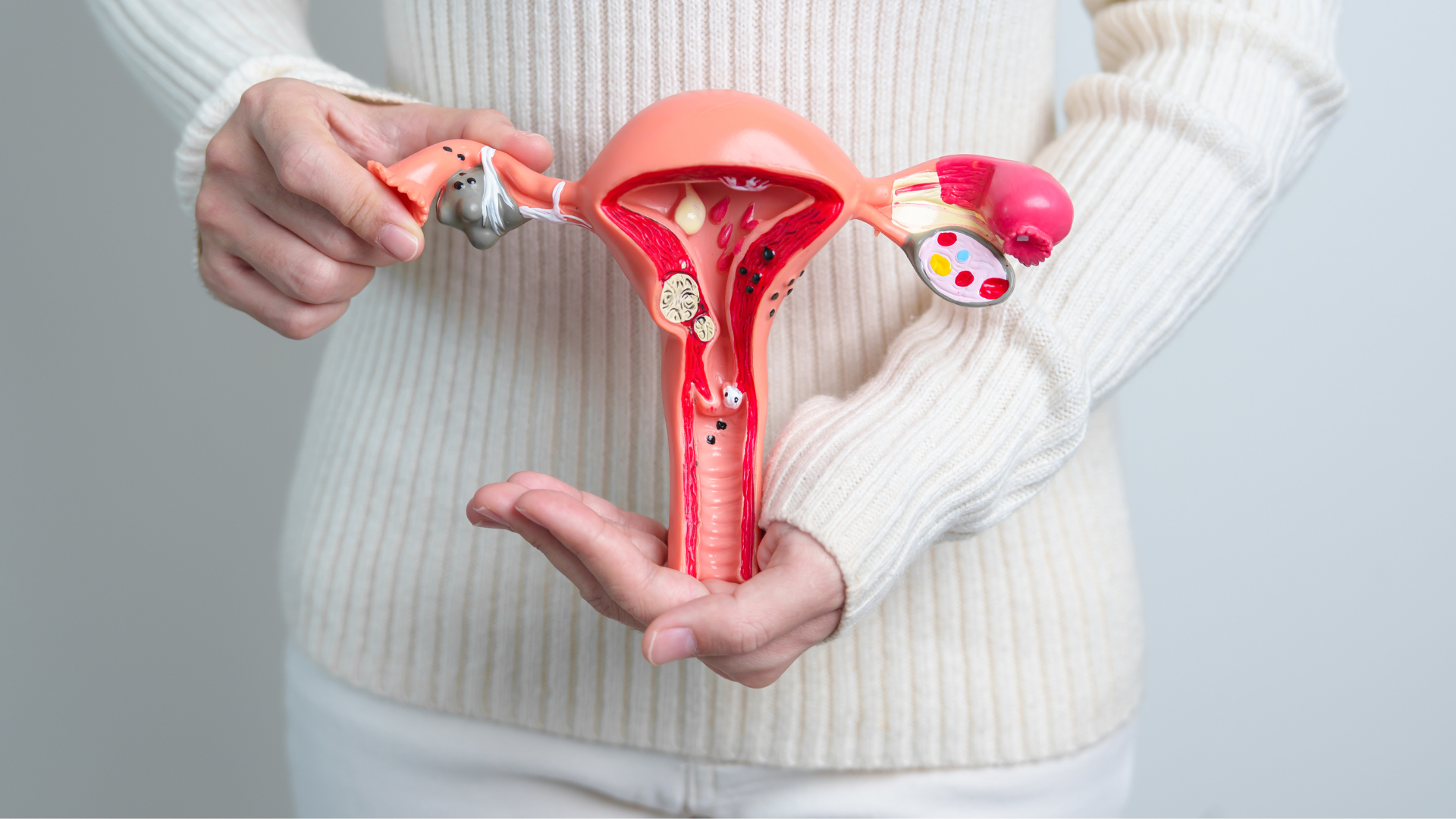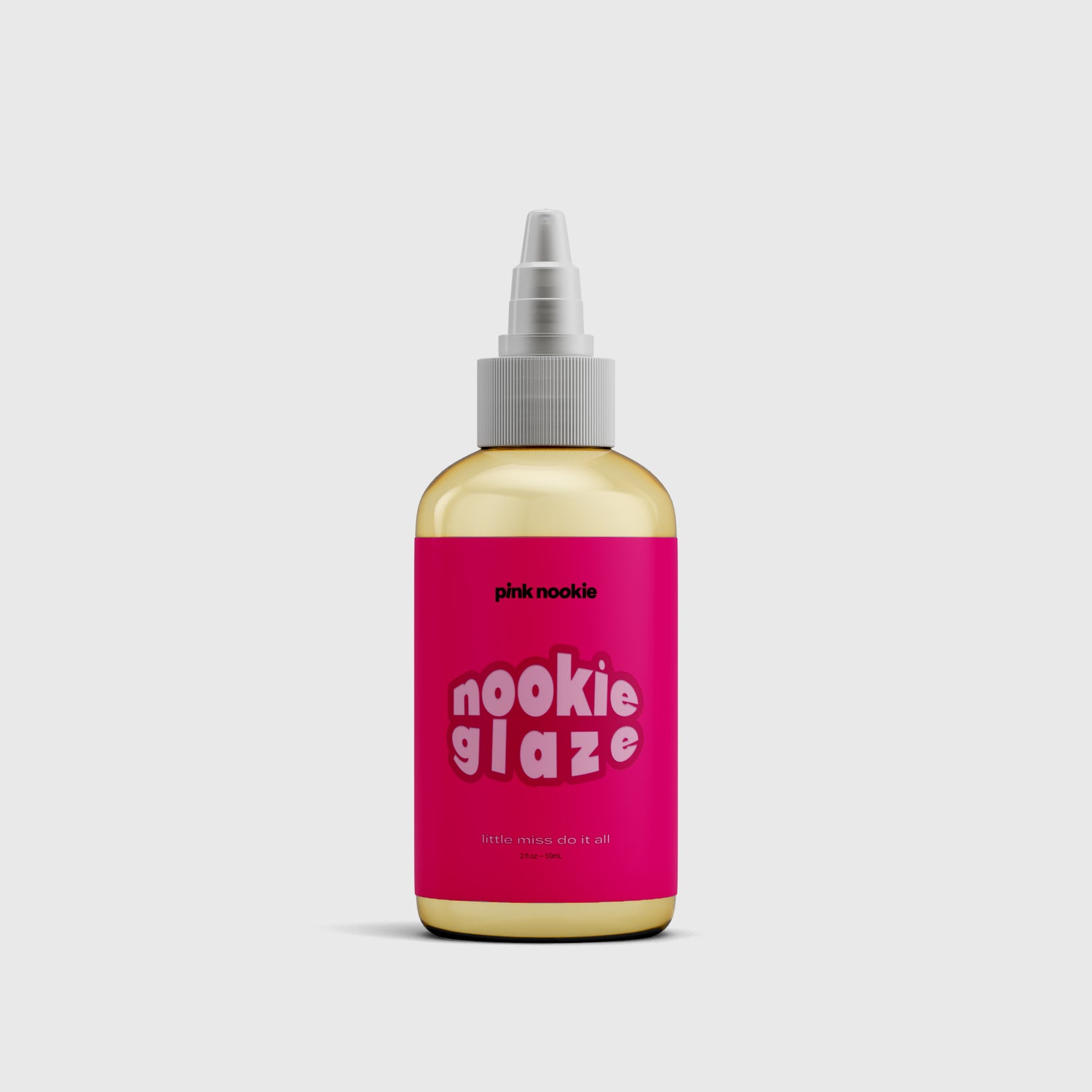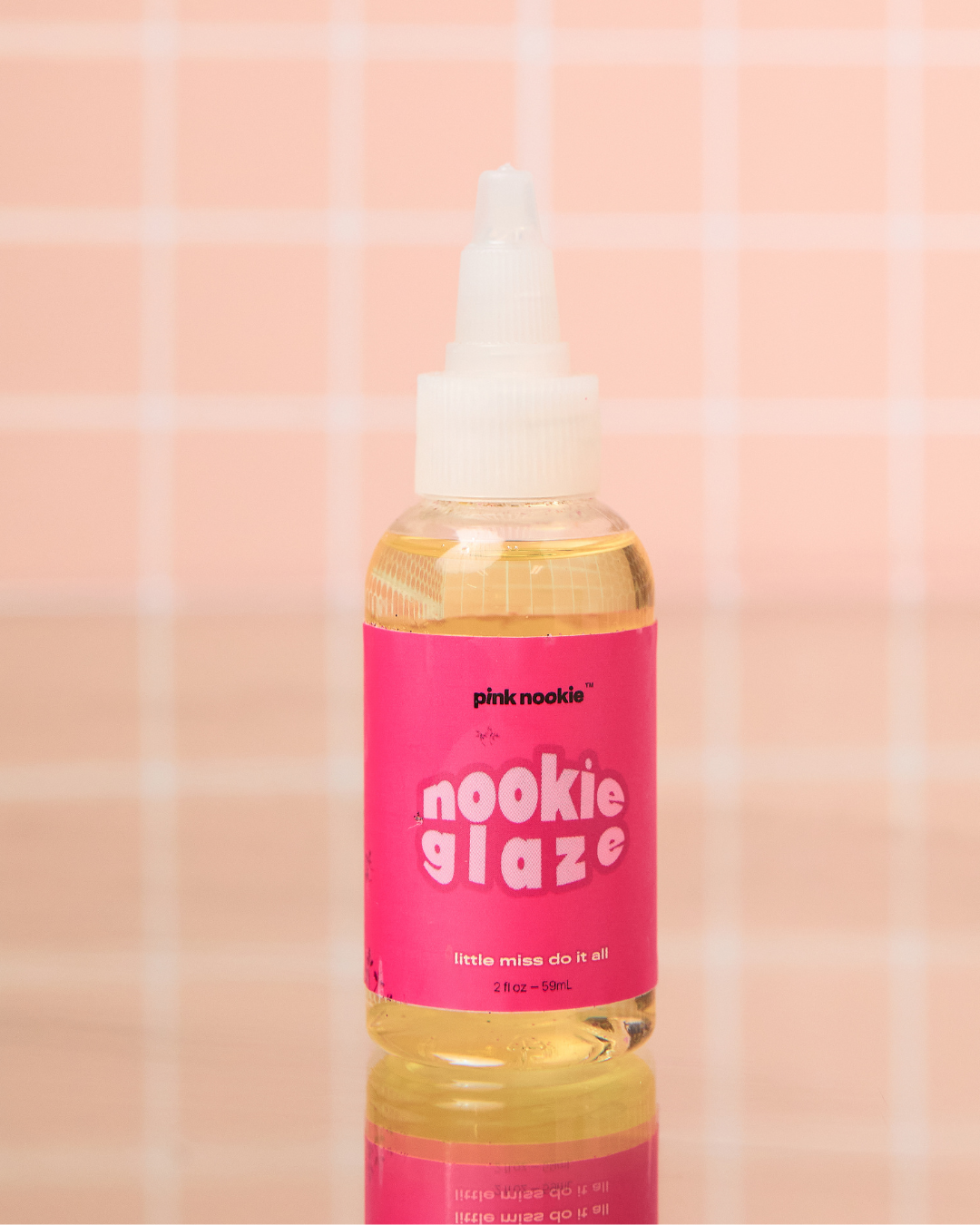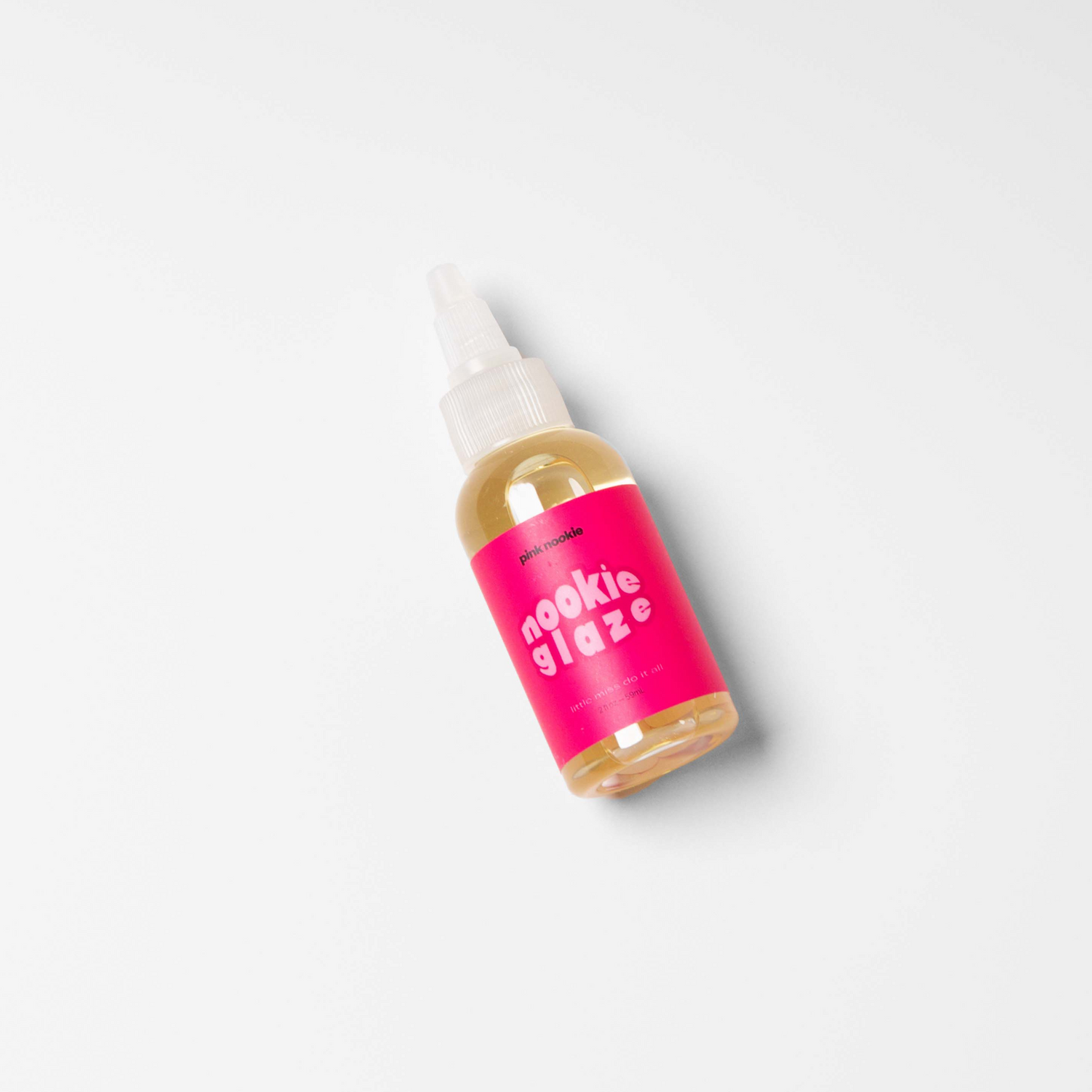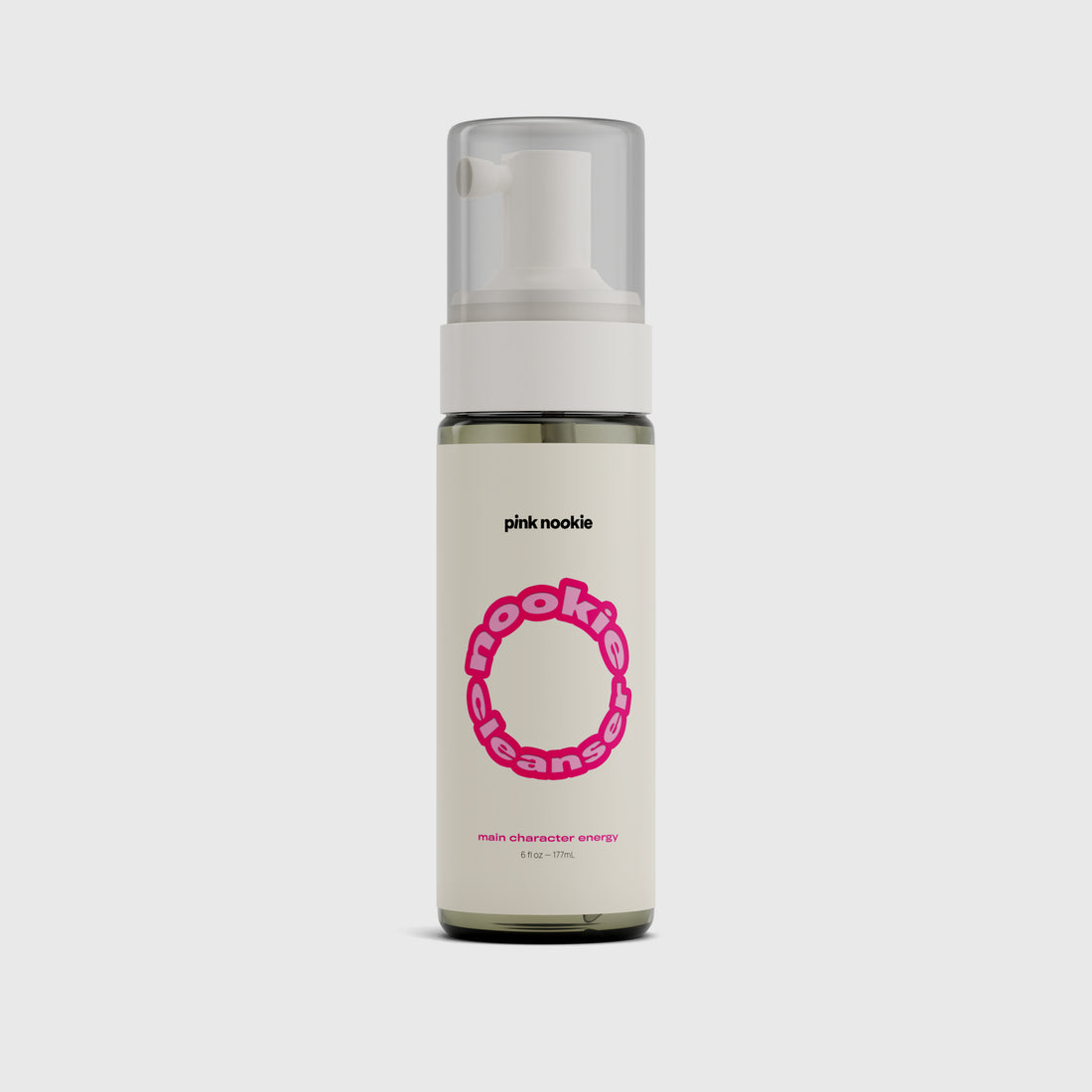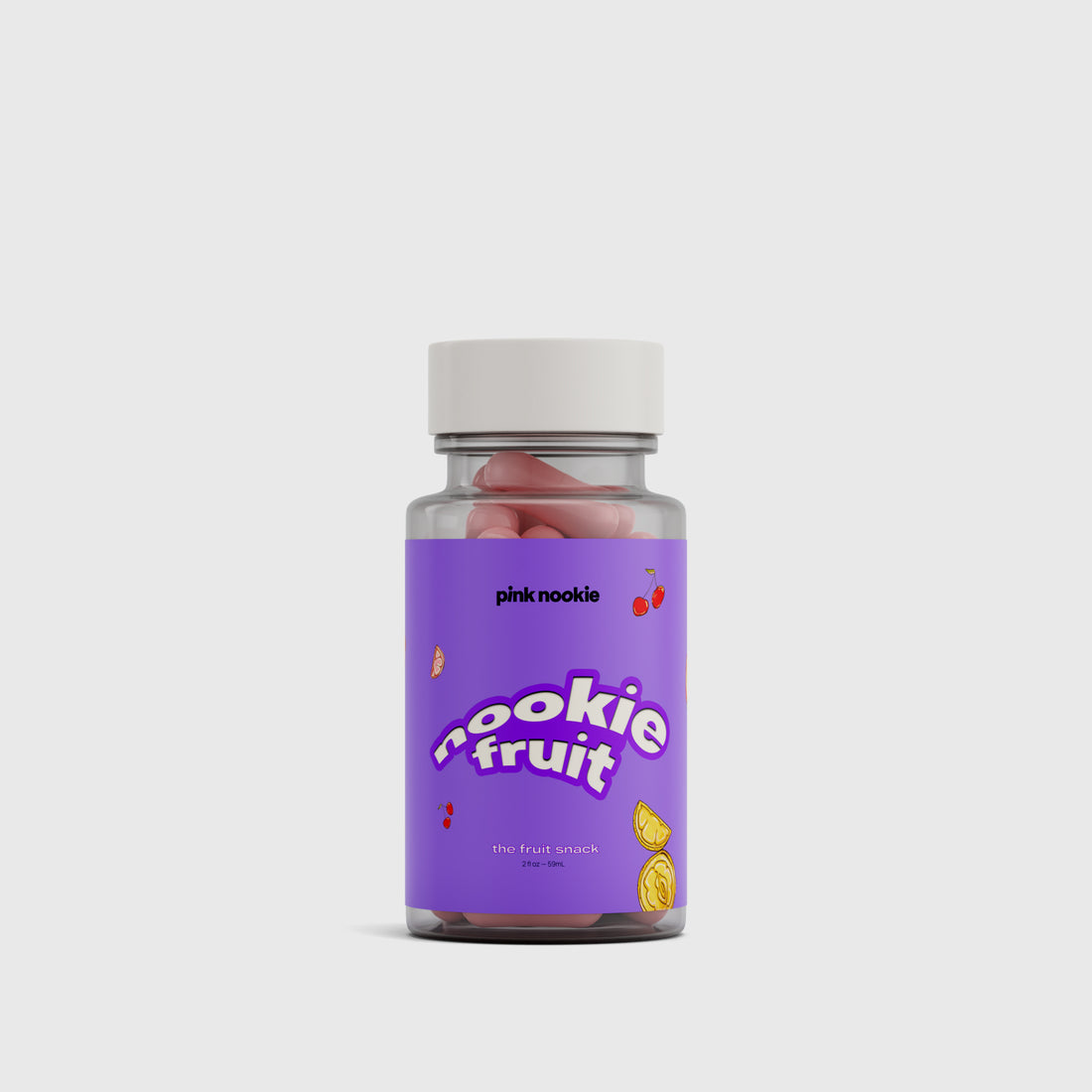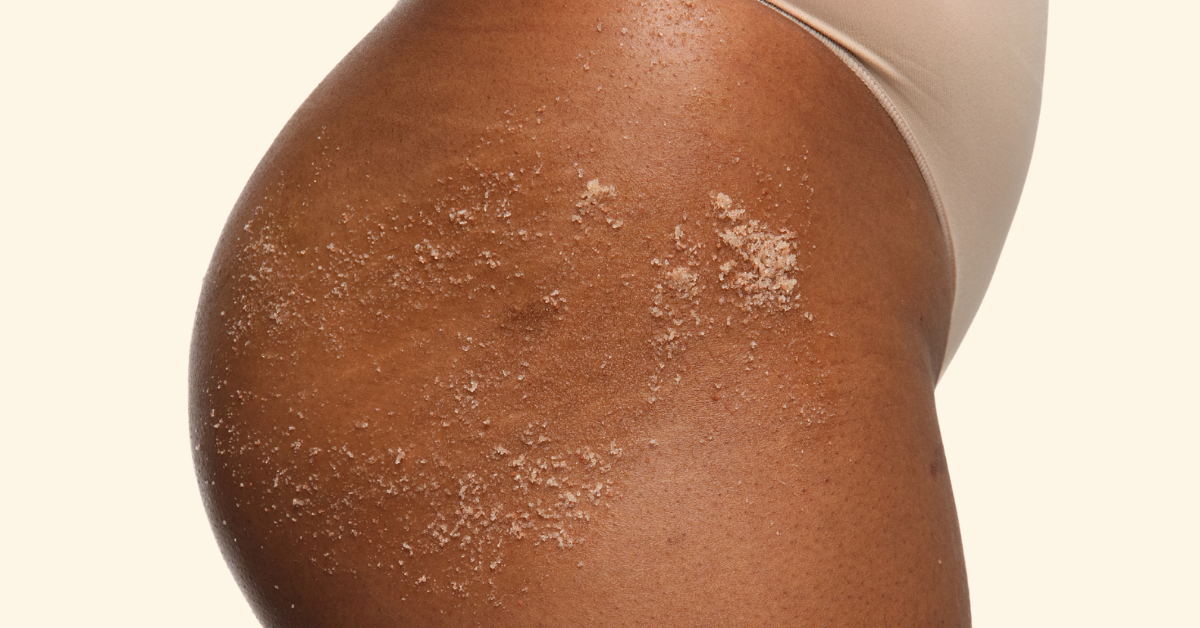
Fibroids & Periods:
Why They Make Flows Heavier
If your periods feel heavier than your friends’ or you’ve noticed clots, cramping, or longer-than-usual bleeding, fibroids could be the hidden reason.
Fibroids are one of the most common reproductive health issues women face, and while they’re noncancerous, they can make your cycle a whole lot harder to manage.
Let’s break down what fibroids are, how they affect your period, and what you can do if your flow feels too heavy.
What Are Fibroids?
Fibroids are noncancerous growths that develop in or around the uterus. Also called uterine leiomyomas or myomas, they can vary in size. From as small as a pea to as large as a grapefruit.
They’re extremely common: experts estimate that up to 70–80% of women will develop fibroids at some point in their lives, especially during reproductive years.
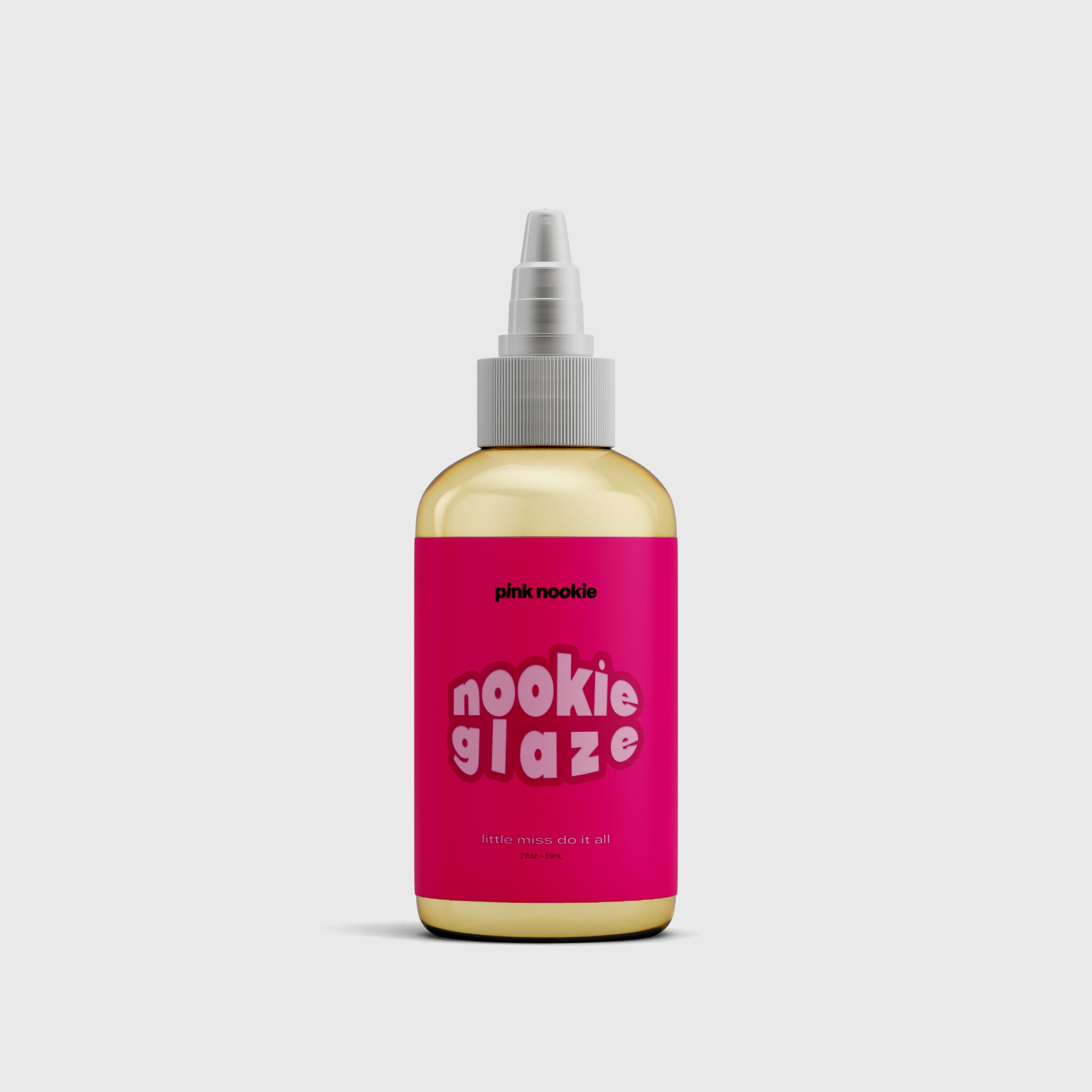
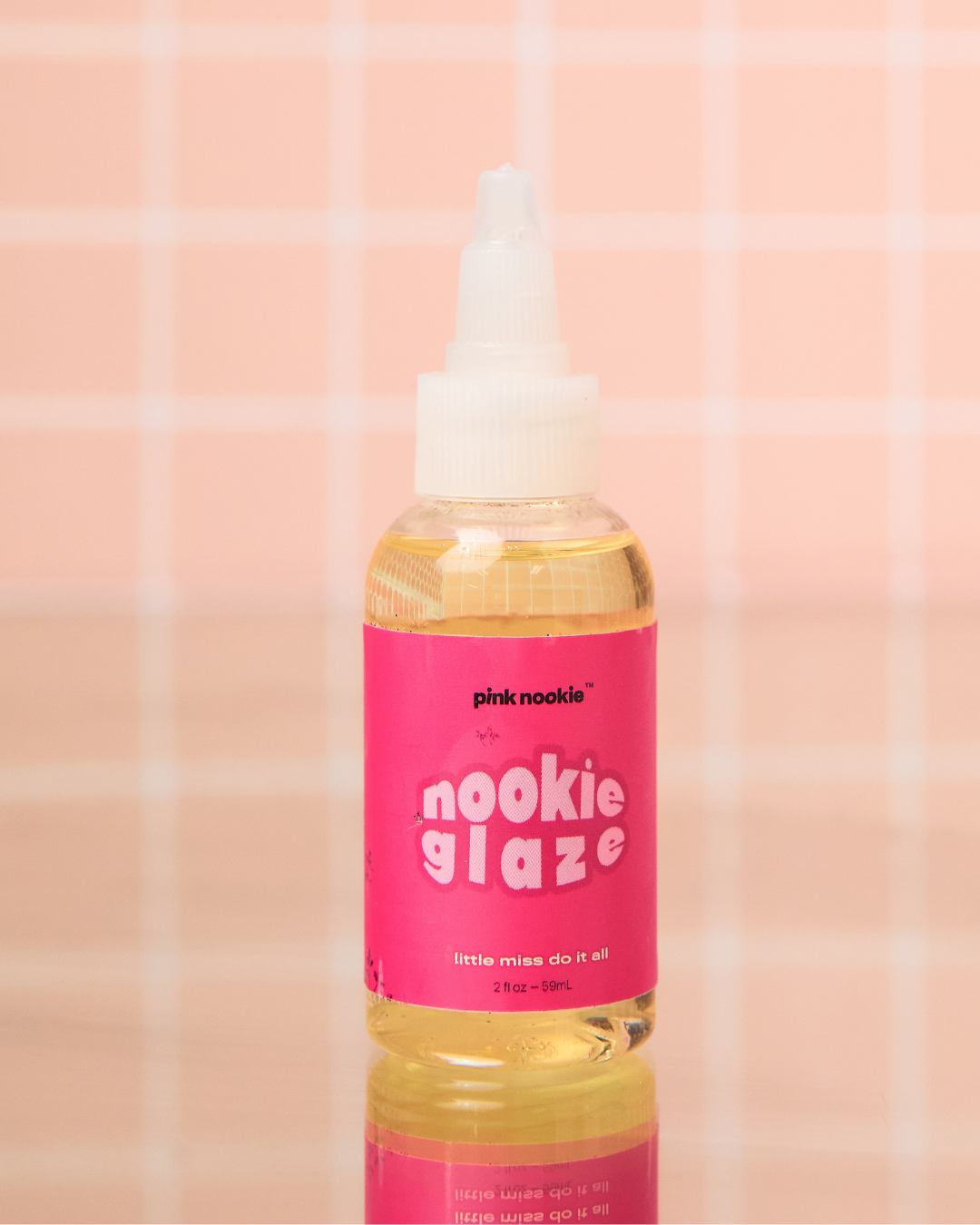
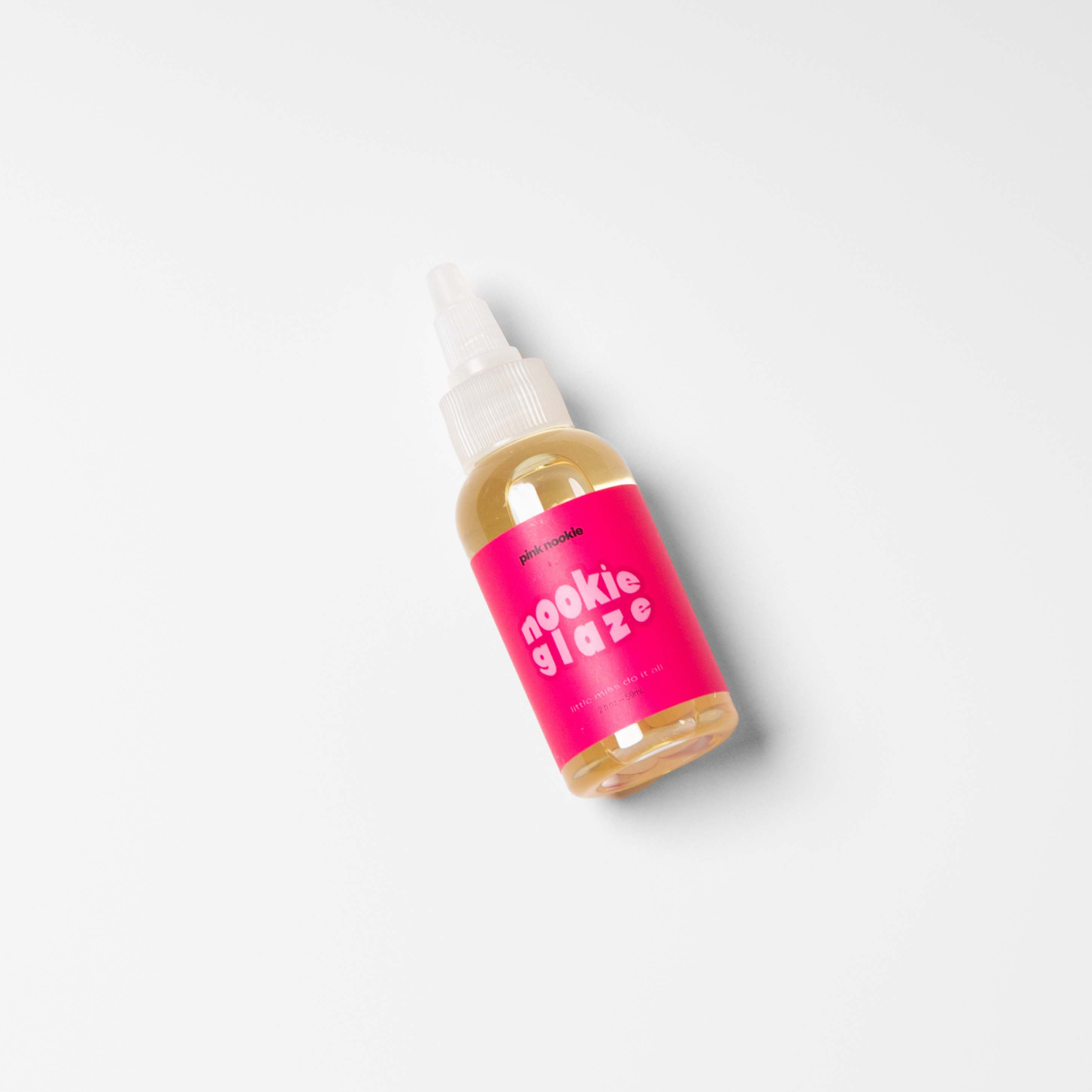

How Fibroids Affect Periods
Not everyone with fibroids has symptoms, but when they do, periods are usually where the trouble shows up. Here’s why:
✨ More Surface Area = More Bleeding
Fibroids inside the uterine lining increase the amount of tissue that needs to be shed during your period, which means heavier flow.
✨ Blood Vessel Growth
Fibroids can stimulate extra blood vessel development, leading to more bleeding than normal.
✨ Uterine Contractions
Your uterus works harder to shed its lining when fibroids are present. This can lead to stronger cramps and heavier bleeding.
✨ Clots & Longer Cycles Because blood flow is heavier, you might pass larger clots and notice that your period lasts longer than the typical 4–7 days.
When these disruptors enter your body, they confuse your hormone signals, making it harder for your body to regulate cycles — which is especially harmful for someone already navigating PCOS.
Why This Matters
Heavy bleeding from fibroids isn’t just inconvenient.
It can cause real health concerns:
-
Anemia:
Blood loss lowers iron levels, leading to fatigue, dizziness, and weakness.
-
Chronic pain:
Cramps and pressure can disrupt sleep and daily life.
-
Emotional impact:
Worrying about leaks or accidents can increase stress and anxiety.
Signs Your Heavy Flow Might Be Fibroid-Related
- Periods lasting longer than a week
- Soaking through pads/tampons every 1–2 hours
- Passing clots larger than a quarter
- Pelvic pain or pressure outside of your period
- Needing to change protection overnight or double up
- If this sounds familiar, fibroids could be playing a role.
Managing Heavy Periods with Fibroids
While you can’t always prevent fibroids, you can manage their symptoms. Options include:
✨ Tracking your cycle: Know when to expect heavier days so you’re prepared.
✨ Iron-rich diet or supplements: Support your body if you’re losing more blood.
✨ Period products that work harder: Cups, discs, or period panties often hold more than pads/tampons.
✨ Medication or procedures: For some women, birth control, IUDs, or surgical options may help. Always discuss with a healthcare provider.
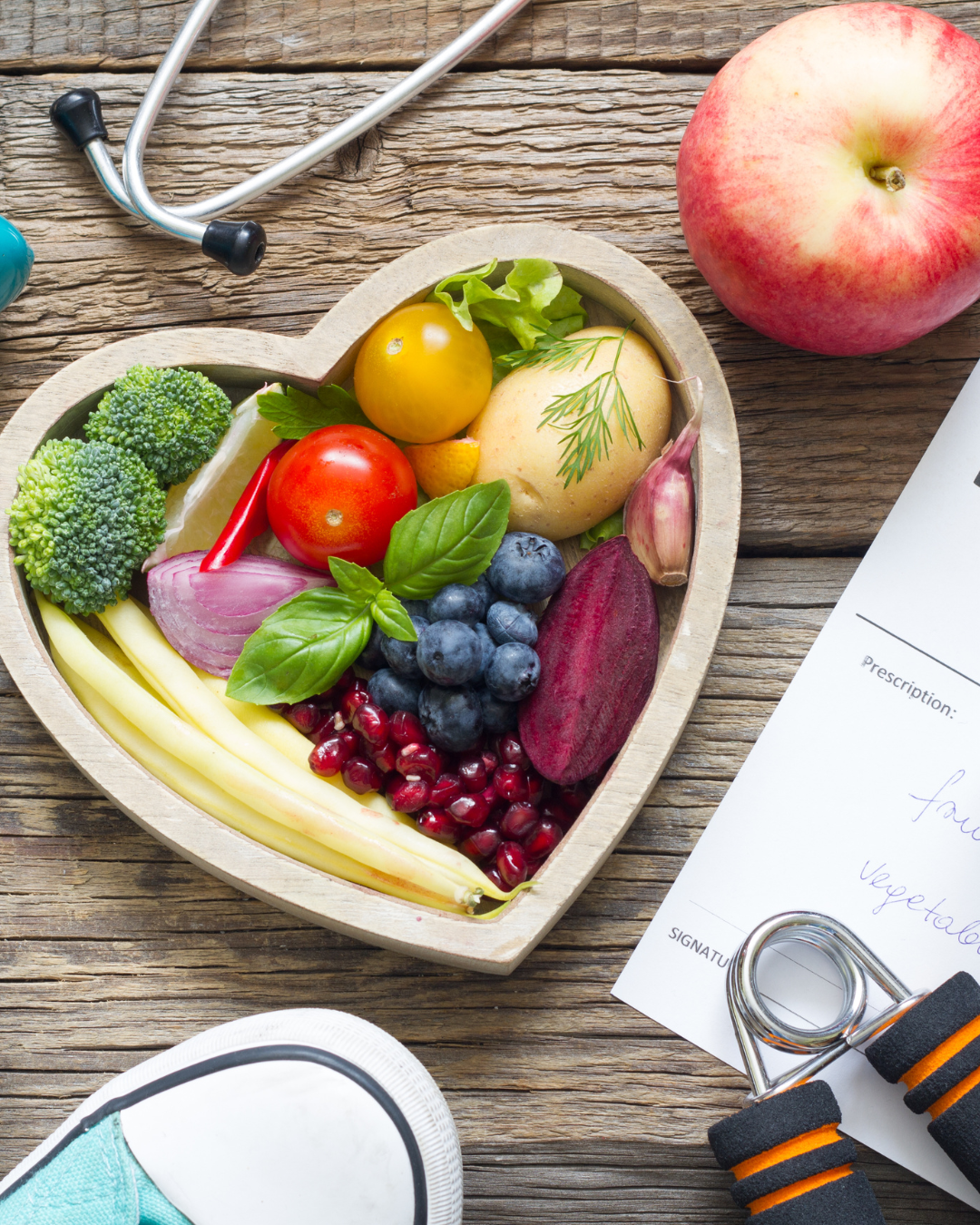
Clean Care Matters Too
Fibroids already make your period harder. The last thing you need is irritation from overly perfumed body washes or products that mess with your pH.
That’s why choosing clean, naturally scented products can help you feel fresher without adding unnecessary chemicals into the mix.

Quick view
Mini Nookie Cleanser
-
Regular price
-
$17.00
-
Regular price
-
-
Sale price
-
$17.00
- Regular price
-
$17.00 - Regular price
-
- Sale price
-
$17.00
Quick view
Mini Honey Body Wash
-
Regular price
-
$17.00
-
Regular price
-
-
Sale price
-
$17.00
- Regular price
-
$17.00 - Regular price
-
- Sale price
-
$17.00
Quick view
Nookie Drizzle
-
Regular price
-
$31.00
-
Regular price
-
-
Sale price
-
$31.00
- Regular price
-
$31.00 - Regular price
-
- Sale price
-
$31.00
Quick view
Nookie Fruit
-
Regular price
-
$52.00
-
Regular price
-
-
Sale price
-
$52.00
- Regular price
-
$52.00 - Regular price
-
- Sale price
-
$52.00
Nookie pHresh Essentials
Fibroids are common, but that doesn’t mean they’re harmless. They can make your period heavier, longer, and more painful, but knowing the signs gives you power. If your flow feels “too much” month after month, it’s worth checking in with your doctor to see if fibroids are the cause.
And in the meantime, supporting your body with the right products, a nutrient-rich diet, and self-care can make each cycle a little more manageable.


